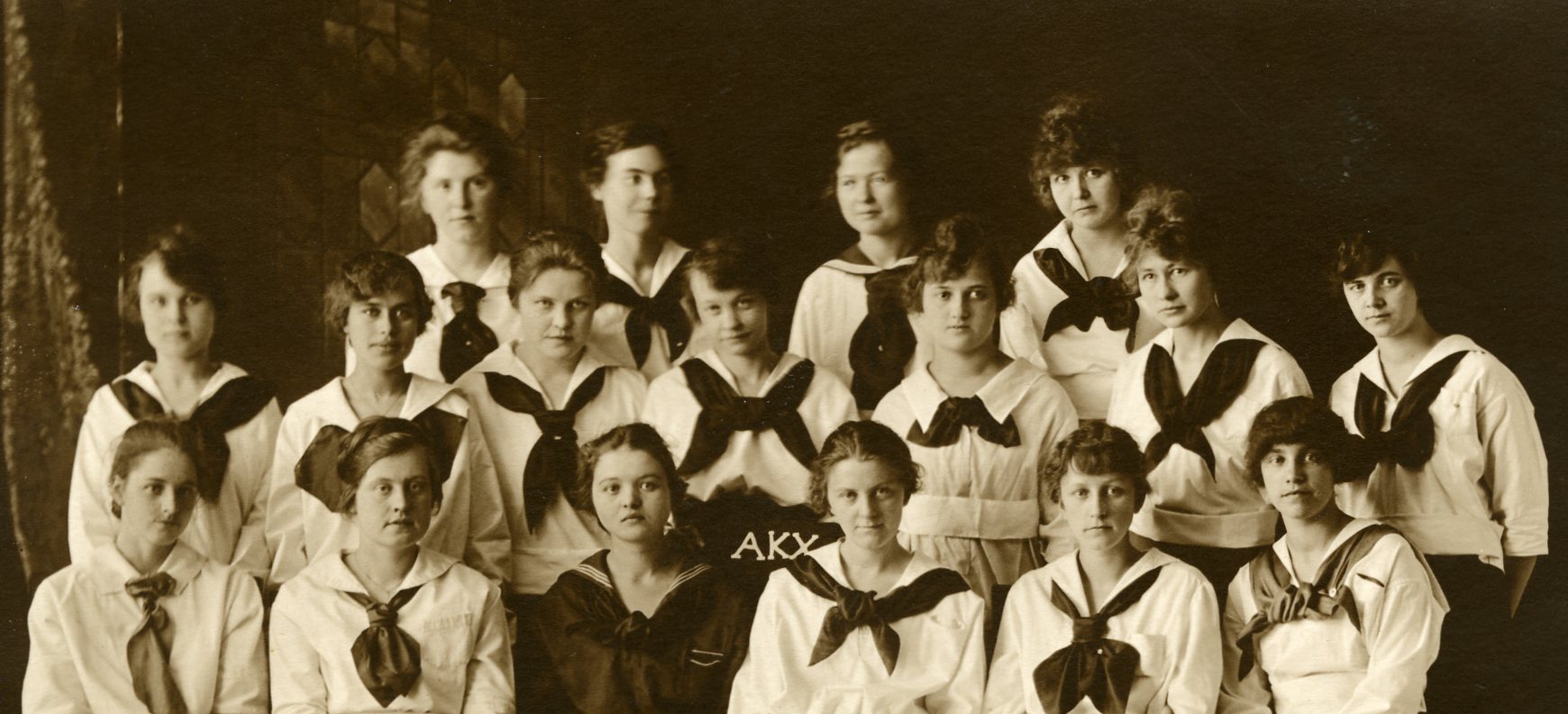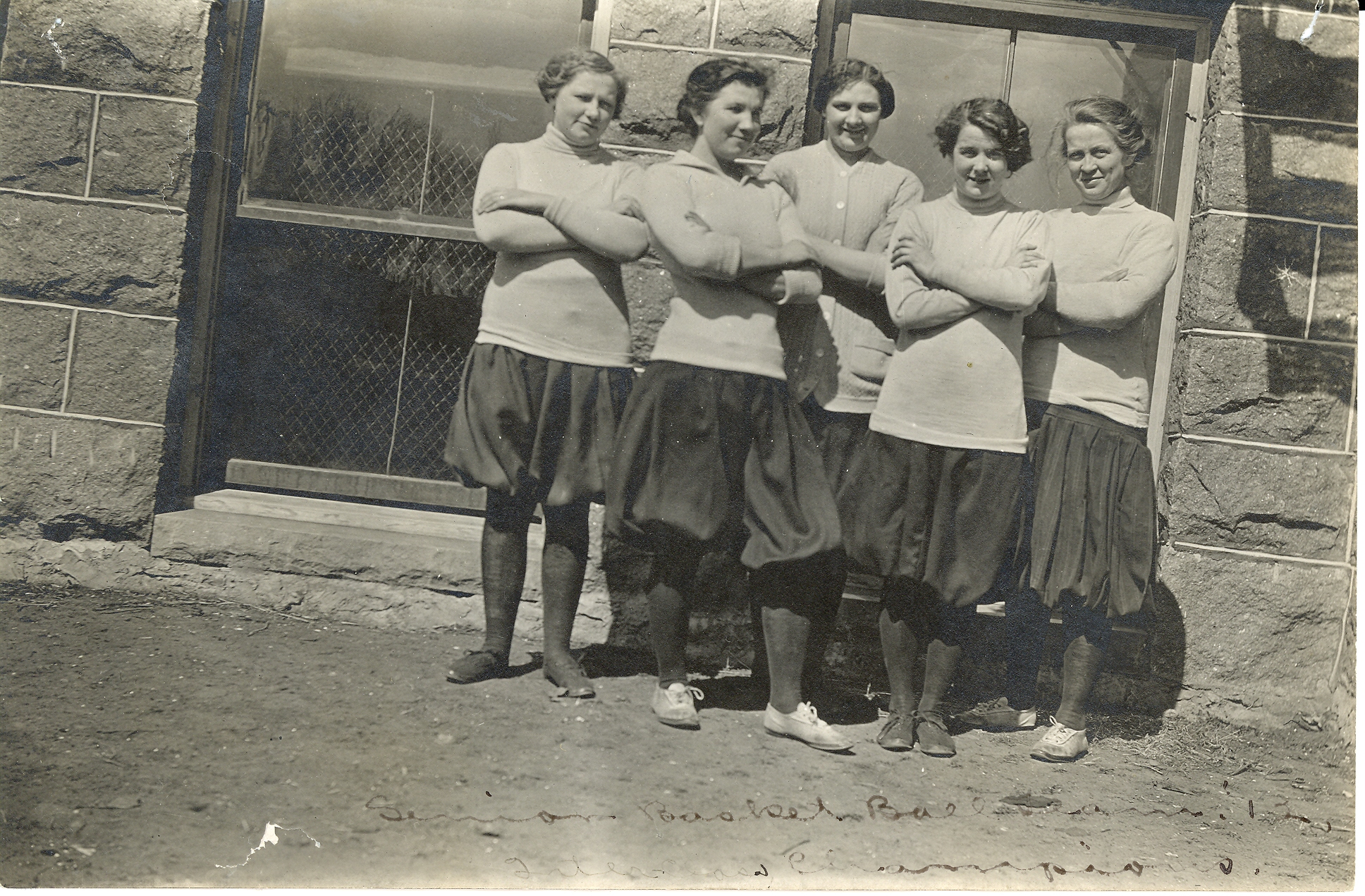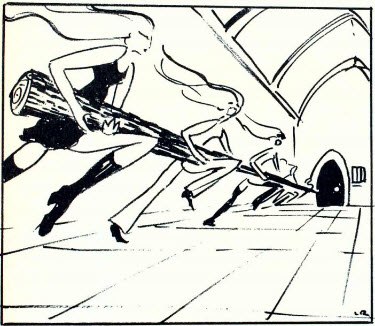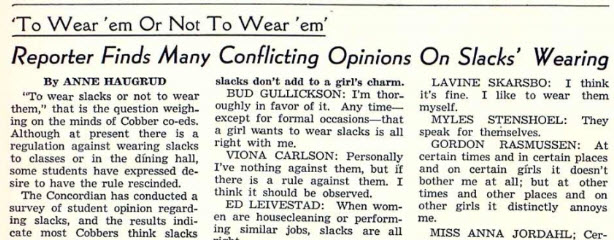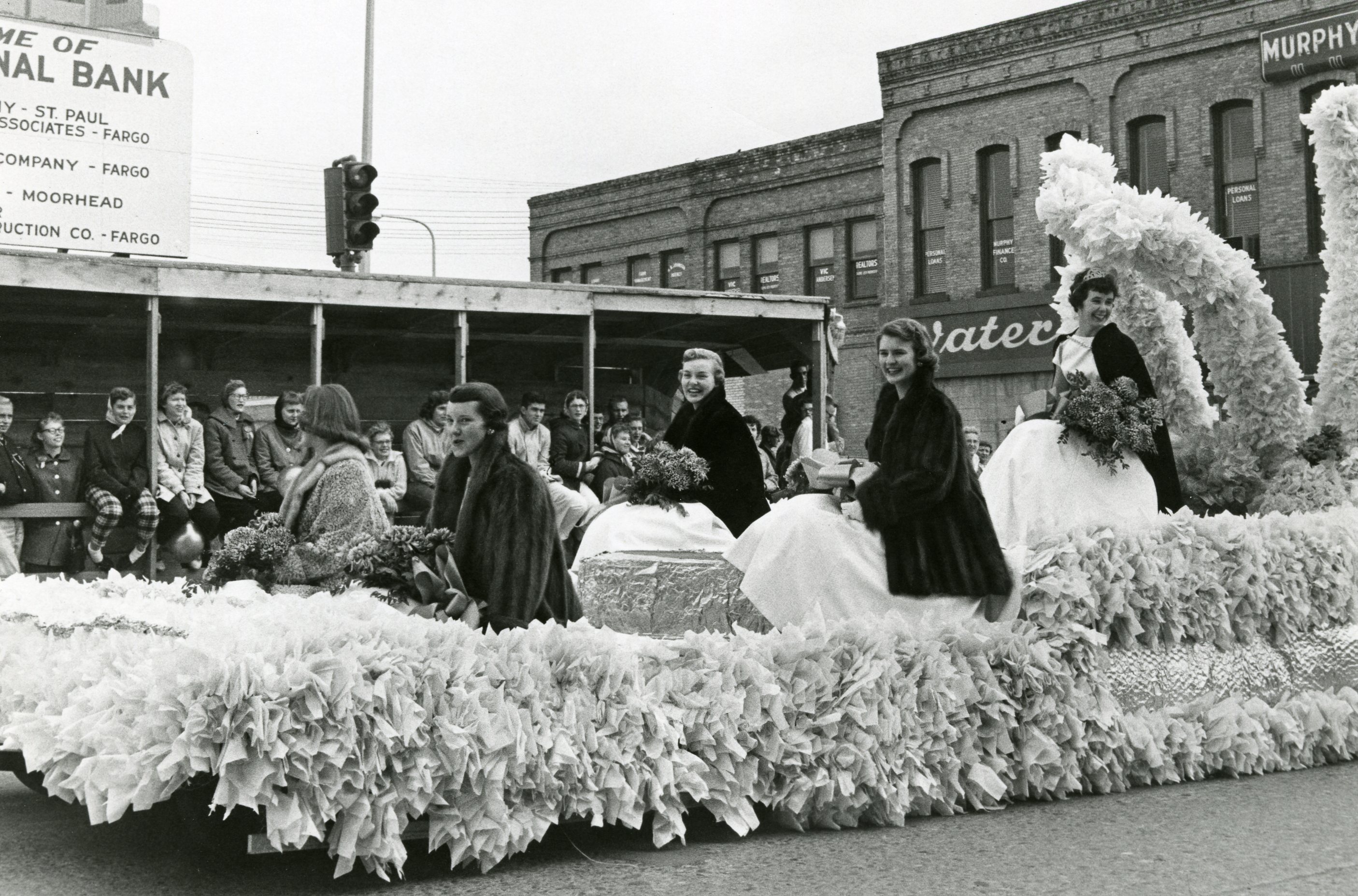 Concordia’s tradition of crowning a homecoming queen began in the 1920s. Student movements and the influence of the 1960-70s society affected the practice. Due to student concerns, the 1974 Homecoming Chairperson Ken Fitzer substituted the tradition of voting for a homecoming queen with the Don Awards, which was a recognition given to four exemplary senior students. The current practice of crowning both a king and queen began during the homecoming festivities in 1977.
Concordia’s tradition of crowning a homecoming queen began in the 1920s. Student movements and the influence of the 1960-70s society affected the practice. Due to student concerns, the 1974 Homecoming Chairperson Ken Fitzer substituted the tradition of voting for a homecoming queen with the Don Awards, which was a recognition given to four exemplary senior students. The current practice of crowning both a king and queen began during the homecoming festivities in 1977.
Browse Entries
|
|
|
|
|
|
|
|
|
|
